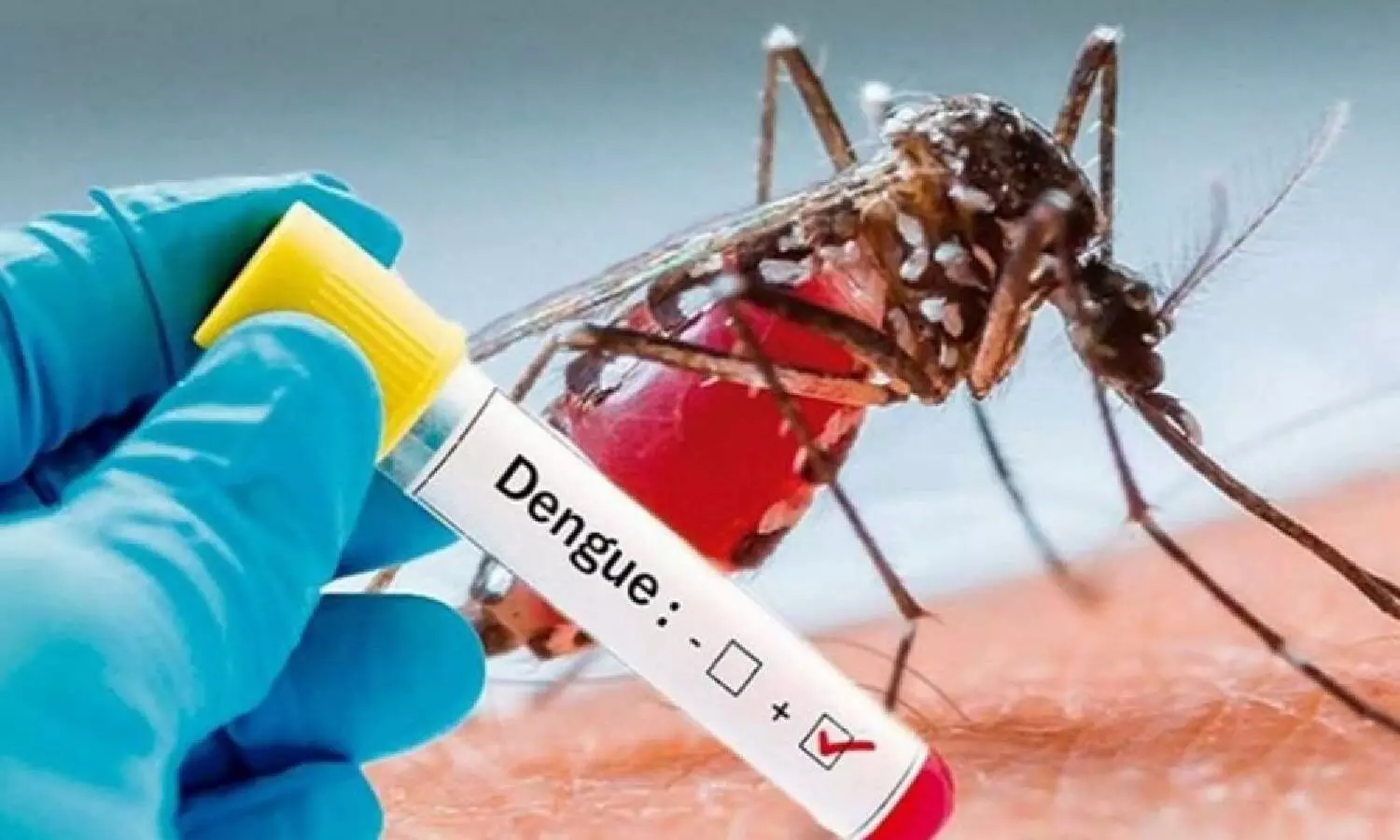Hello doctor: What are signs of Dengue? How can we prevent infection?
By Newsmeter Network
The onset of monsoon season allows for the breeding of female Aedes mosquitoes spreading dengue. With the cases rising in the first week of July, experts predict that there will be more cases noted in the next 4 to 6 six weeks. K K Durga Prasad, DNB(Pediatrics) & Medical Director, Ankura Hospital explains the need to protect children from dengue.
What are the signs of Dengue? How is it different from other viral fevers?
Dengue fever is like any other viral fever. The factors that can differentiate Dengue from other viral fever is a sudden onset of high fever, of about 103-105°F, associated with severe headache, pain behind the eyes, severe joint and muscle pain, exhaustion, and rash over the body. All these symptoms can also be associated with nausea or vomiting. The symptoms can last for over 5-7 days. These symptoms can be seen in normal viral fever also but in Dengue, exhaustion, and joint pain are very severe and children look sick even when there is no fever.
What are the danger signs of Dengue fever?
Any child who has features such as - severe pain in the abdomen, persistent vomiting, not passing enough urine, feeling very weak, or excessive sleepiness with fever or for 1 to 2 days ever after the fever subsides are the children who should be taken to a doctor immediately.
Can dengue fever be treated at home?
Most patients with dengue fever can be treated at home. They should take rest, drink plenty of fluids and maintain a nutritious diet. Taking plenty of fluids is very important and prevents the complications of Dengue fever. Fever should be treated with fever medicines; antibiotics are not required.
How will the doctors treat my child in the hospital?
If the home remedies are not working or the child is very sick, then the child is admitted to the hospital. The treatment is hydration with the administration of intravenous fluids, having control over vomiting, and monitoring the blood parameters to look for thickness of blood (hematocrit) and liver enzymes, etc.
What is the role of platelet count and how often do we require to check it?
Platelet count usually decreases during illness but treatment and assessment of the severity of the disease are based on the degree of dehydration and thickness of blood (hematocrit) and platelet count has no role in either of them. Increased risk of bleeding in dengue is associated with decreased blood supply to the vital organs and low blood pressure.
If the above is normal and the child is clinically improving and has good oral intake with no sign of dehydration, then, in most cases, a low platelet count should not cause a problem. But if the child has low blood pressure and severe dehydration then chances of bleeding are present even with a relatively higher platelet count. In such cases, we need to monitor the disease very closely.
Is there a vaccine to prevent dengue fever?
At present, there are no vaccines to prevent dengue fever.
How can I prevent Dengue?
Dengue is caused by the bite of the Aedes mosquito. This mosquito bites during the day, and the highest biting intensity is about 2 hours after sunrise and before sunset. To prevent mosquito bites wearing full-sleeve clothes and long dresses, especially when going outside, using mosquito repellents, and preventing water from accumulating and mosquito breeding are important factors.
"Preventing mosquito bites, giving good fluid intake during fever, and keeping an eye on the danger signs can help us prevent the disease and the complications associated with the disease in children.